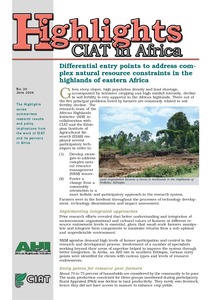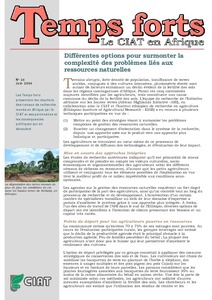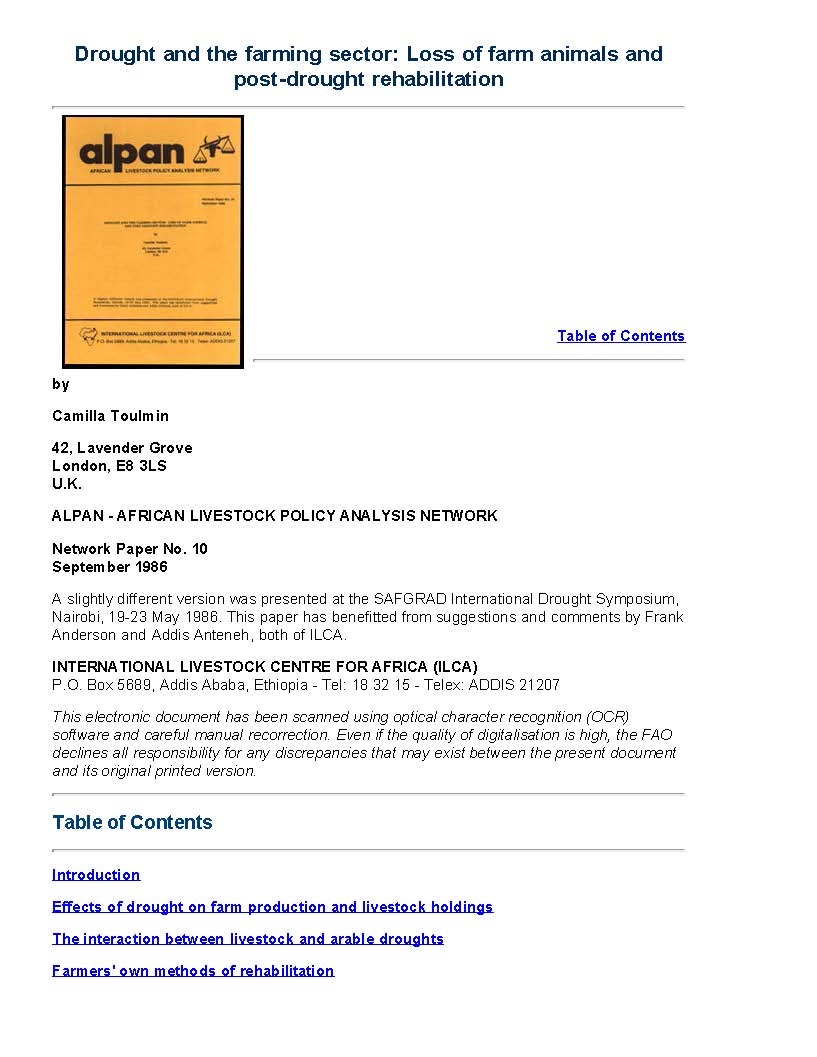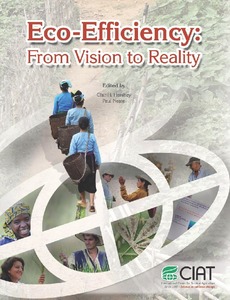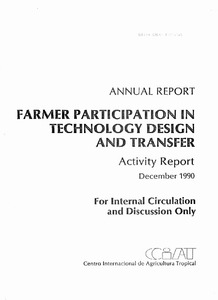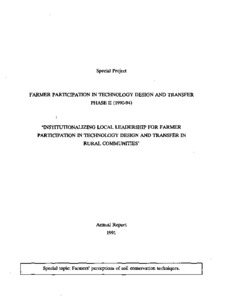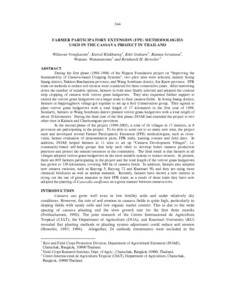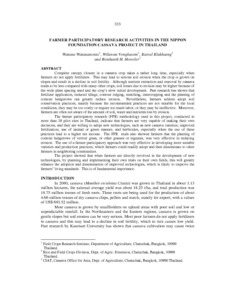Domesticating forests: how farmers manage forest resources
Local people in South-east Asia are often cited as skilled forest managers. It is barely acknowledged that an essential part of this forest management does not concern natural forests, but forests that have been planted, often after the removal of pre-existing natural forests; forests that are cultivated not by professional foresters, but by sedentary or swidden farmers, on their farmlands; forests that are based not on exotic, fast-growing trees, but on local tree species, and harbour an incredible variety of plant and animal species.
Drought and the farming sector: Loss of farm animals and post-drought rehabilitation
Outlines the main effects of drought on crop producers and examines the effects of drought on crop producers and examines the effects of drought induced livestock losses on crop production and considers a range of policy measures aimed at rehabilitation of the farm sector in the post-drought period; compares alternative policy measures.
Eco-Efficiency: from vision to reality
The notion of eco-efficiency – first put forward by the private-sector at the time of the 1992 Earth Summit – has since been taken up by experts in agriculture as a guiding principle for research. Eco-efficient agriculture, according to a CIAT report, is competitive and profitable as well as sustainable and resilient, thus generating multiple benefits for the poor, especially when it offers new options for women.
Energy recovery from domestic and agro-waste streams in Uganda: a socioeconomic assessment
Recovering energy from waste offers dual benefits – a) improved waste management, and b) provision of reliable energy to households, institutions and commercial entities. In this report, we present a socioeconomic assessment of three energy business models (briquette manufacturing, on-site (public toilet) energy generation, and agro-waste electricity generation) based on feasibility studies carried out in the city of Kampala, Uganda.
Experiences from stakeholder dialogues in Tamale, northern Ghana
Tamale is the capital city of Ghana’s Northern Region. As the regional capital, Tamale is growing rapidly – the population has almost tripled to over 370,000 in the past 30 years, and the areal extent has increased up to sevenfold in the same period. Urban agriculture is an integral part of the food system, linked to resource management and spatial planning. In general one can say that backyard farming flourishes, but more formally organised production is threatened by urbanisation.

